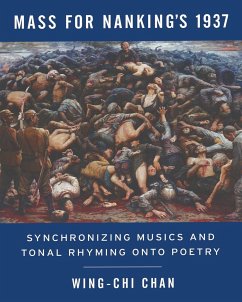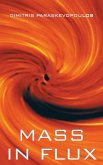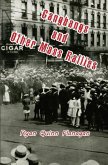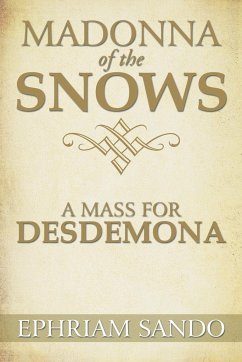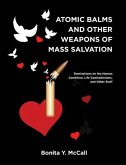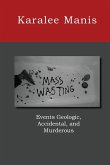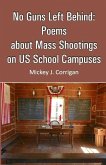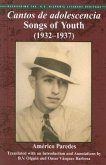"The 1937 rape of Nanking by the Japanese Imperial army is one of those historical events which defy linguistic modifiers; "tragedy" or "atrocity" do not approach the sadistic nihilism, the scale and scope, the wanton intensity of the horror... Any such protracted monstrous event could only be imagined with a certain surreal dissonance, and that is what Wing-chi has drafted for us. It asks, how does one face what one cannot bear to see?" -A. B. Spellman, Poet & Witness to Jazz. Former Deputy Chairman, U.S. National Endowment for the Arts "...Chan dares to literalize a contest of forces-not only Eastern and Western thought, but by poetry coupled with music. He liberates language with complex animation creating sonic landscapes... Chan's art is to disrupt and connect, to disturb and delight. His emotional vocabulary comes from eastern thought flavored with western classical music... His artistic identity is like no other. It's a sensory world come alive through poetry. His choices are alternative ones. He is liberated." -Grace Cavalieri, Producer/Host The Poet and the Poem from the Library of Congress "...These pieces of Chan's typically reveal meanings - messages they can even insist on - so they are not pure sound... That the poems employ full, internal, and near rhymes, often use mirror-rhyme stanza structures, and shuffle words and phrases through multiple permutations, gives them an almost unworldly air. These are poems that will never be exhausted in simply a single reading." -David McAleavey, Ph.D. Professor of English, George Washington University
Hinweis: Dieser Artikel kann nur an eine deutsche Lieferadresse ausgeliefert werden.
Hinweis: Dieser Artikel kann nur an eine deutsche Lieferadresse ausgeliefert werden.

